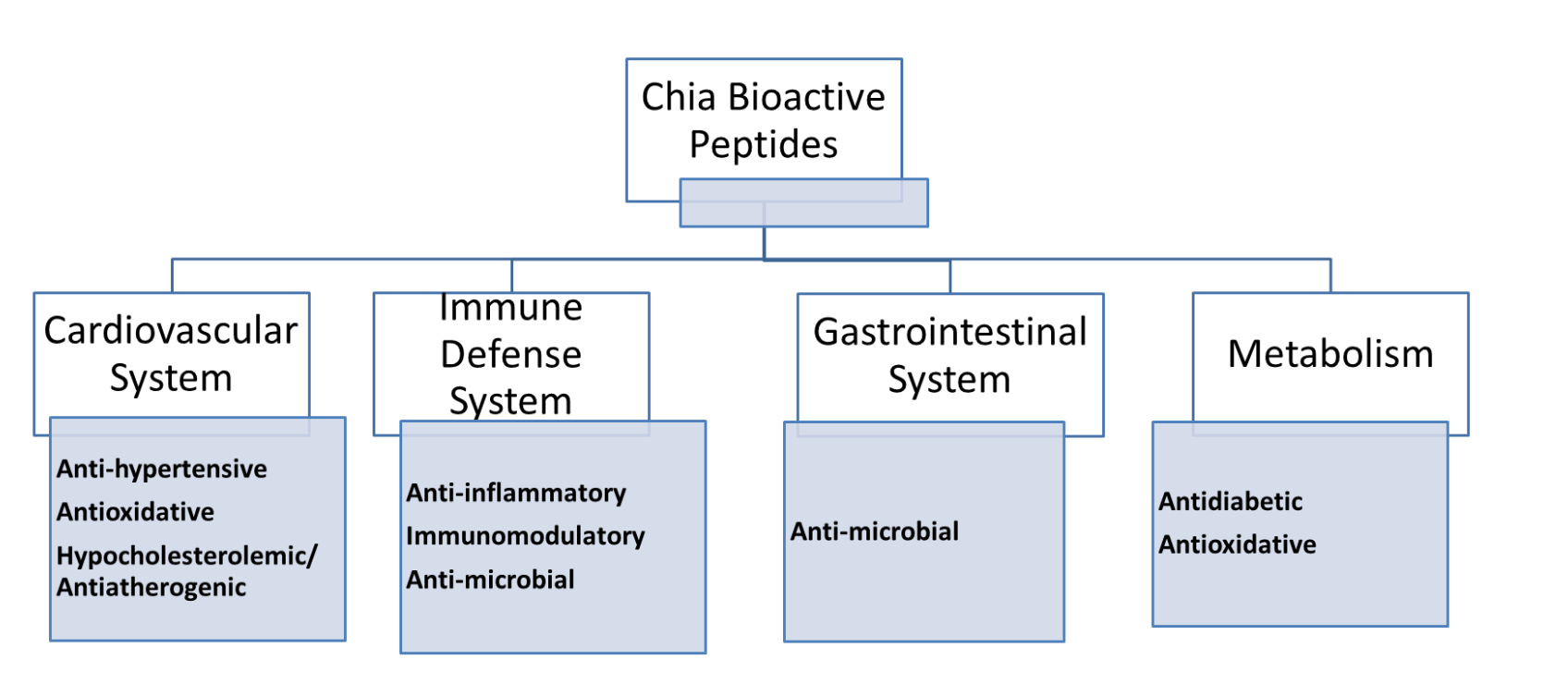Why Protein Matters for Health & Longevity
Protein is a fundamental macronutrient that supports growth, muscle maintenance, and overall health. While protein needs vary across life stages, one critical issue is the progressive loss of muscle mass in adults over 40—a decline of 8% per decade from 40 to 70, and 15% per decade thereafter.
Despite the importance of protein, studies show that 40% of older adults in North America fail to meet the recommended daily intake. As awareness of protein quality and sustainability grows, consumers are seeking alternatives to traditional animal-based proteins.
The Global Shift in Protein Consumption
Protein is derived from animal, plant, fungal, and bacterial sources. Currently, 60% of global protein intake comes from plant-based sources, with the rest from animal-derived proteins like meat, poultry, dairy, and fish. However, per capita meat consumption in the U.S. is three times the global average, contributing to both health concerns and environmental challenges:
Health Impact – Studies link excessive red and processed meat consumption to cardiovascular disease, type 2 diabetes, and colorectal cancer.
Environmental Cost – Despite supplying just 37% of the world’s protein, animal agriculture uses 83% of global farmland and contributes 58% of food-related emissions.
As consumers and food manufacturers look for nutrient-dense, sustainable protein sources, plant-based alternatives like chia protein are emerging as a game-changer.
Chia Protein: The Future of Plant-Based Nutrition
Chia protein is a high-quality, plant-based protein concentrate derived from chia seeds through an exclusive Microtech™ process that ensures optimal nutritional retention, digestibility, and shelf stability. Unlike many other plant proteins, chia is a complete protein source with all essential amino acids and superior functional benefits.
What Makes Chia Protein Unique?
Complete Amino Acid Profile – Supports muscle health, recovery, and overall wellness.
High Digestibility – PDCAAS score of 0.95, comparable to soy protein and higher than many other plant proteins.
Rich in Functional Nutrients – Provides glutamine, BCAAs (leucine, isoleucine, valine), fiber, and omega-3s.
Clean-Label & Sustainable – Allergen-free, low in saturated fat, and requires minimal resources for production.
Health Benefits of Chia Protein
A new Scientific review of chia´s protein amino acid analyses revealed bioactive peptides, such as dipeptidyl peptidase-IV inhibitors, angiotensin-converting enzyme inhibitors, and antioxidants.
These peptides have a high biological potential against various disease markers, including antioxidative, hypoglycemic, immune-modulatory, anti-inflammatory, hypocholesterolemic, and antihypertensive. Regular consumption of these bioactive peptides through foods or supplements may contribute to the positive effects observed in human studies with chia consumption.

Chia Protein Applications in Food Innovation
The versatility of chia protein makes it an ideal ingredient for a variety of high-protein food formulations:
Baking & Snacks – Enhances protein content in breads, cookies, bars, and baking mixes (e.g., Xia Powder 125W LM, 42% protein concentrate).
Non-HFSS Formulations – Helps create fiber-rich, low-fat, sugar-free products while maintaining great taste and texture (Benexia Xia Fiber XP 435W LM, 56% fiber concentrate).
Convenience-Driven Nutrition – Ideal for ready-to-eat meals, protein powders, and on-the-go snacks.
Sustainability & the Future of Protein
With growing concerns about food security and environmental impact, the shift toward plant-based protein innovation is essential. Chia protein offers a high-quality, eco-friendly solution that supports both human health and global sustainability.
As the demand for functional, high-protein foods rises, chia protein stands out as an innovative and responsible choice for food manufacturers and consumers alike.
📩 Want to explore how chia protein can elevate your food formulations?
📖 Read more: Review: Scientific Mapping of Chia Protein Research: State of the Art and Future Trends. Foods Journal, 2024
Learn about our Microtech™ extraction process: Chia Protein Technology


